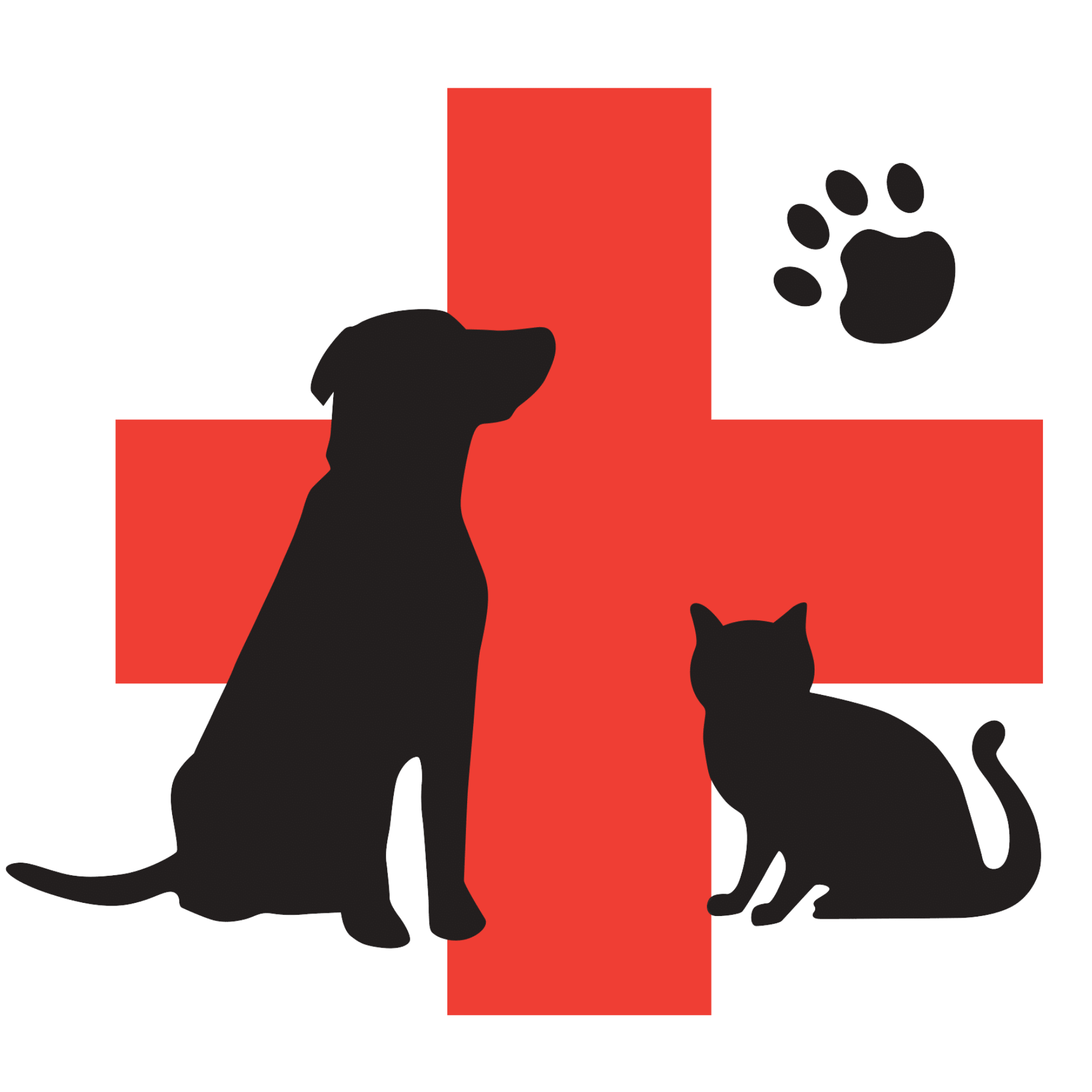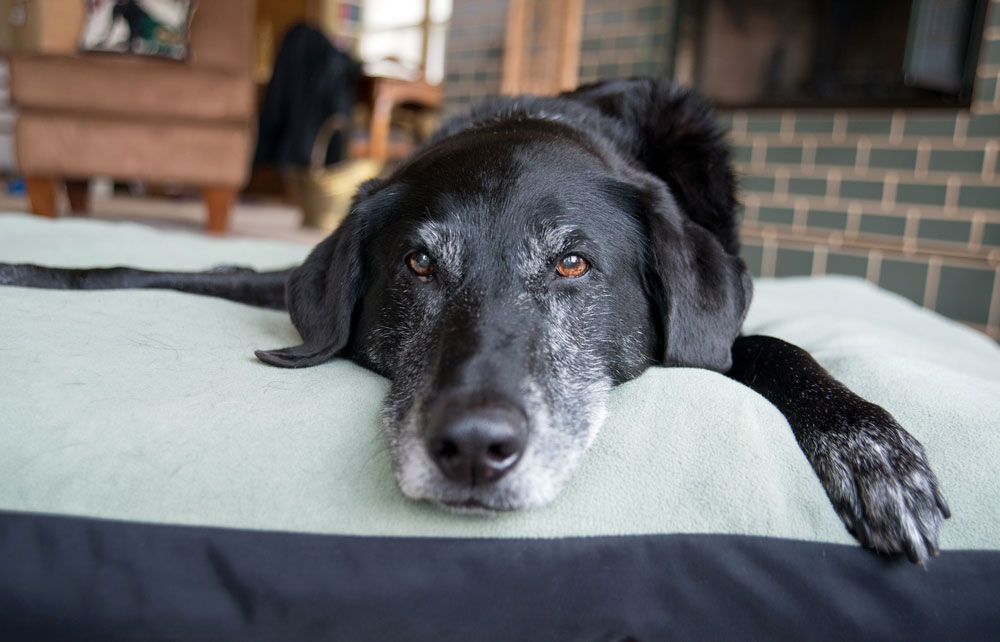Protect Your Dog: Know the Dangers of Toxic Foods
Discover essential information to safeguard your furry friend from harmful foods. Learn about common household items that can pose serious health risks to your dog and how to prevent accidental ingestion.
Understanding Food Toxicity in Dogs
As a responsible pet owner, knowing which foods are toxic to dogs is crucial for their well-being. Many everyday foods can be harmful, leading to severe health issues or even fatal consequences. By educating yourself on these dangers, you can ensure your dog’s safety and longevity.
Why Awareness Matters
Being informed about toxic foods is the first step in preventing accidental poisoning. This knowledge empowers you to make safer choices for your pet and avoid unnecessary trips to the vet. Awareness can save lives and keep your beloved pet healthy.
Tips for Keeping Your Dog Safe
Always check food labels and avoid feeding your dog human foods unless approved by a vet. Keep toxic foods out of reach and educate family members about the dangers. Regularly consult with your veterinarian for advice on safe feeding practices.
Common Foods Toxic to Dogs
- Chocolate: Contains theobromine and caffeine, causing vomiting and seizures.
- Grapes and Raisins: Can lead to kidney failure, even in small amounts.
- Onions and Garlic: Damages red blood cells, leading to anemia.
- Avocado: Persin in avocados can cause vomiting and diarrhea.
- Xylitol: Found in sugar-free products, can cause hypoglycemia.
- Alcohol: Extremely toxic, leading to severe symptoms or death.
- Macadamia Nuts: Causes weakness, vomiting, and tremors.
- Caffeine: Leads to restlessness and rapid heart rate.
- Raw Dough: Can cause bloating and gastric torsion.
- Chocolate: Toxic due to theobromine and caffeine.
- Grapes and Raisins: Risk of kidney failure.
- Onions and Garlic: Causes anemia in dogs.
- Avocado: Contains harmful persin.
- Xylitol: Dangerous sugar substitute.
- Alcohol: Highly toxic to dogs.
Recognizing Symptoms
Signs of Toxicity in Dogs
When a dog ingests toxic foods, symptoms can vary depending on the substance. Common signs include vomiting, diarrhea, lethargy, and loss of appetite. In severe cases, you may notice tremors, seizures, or difficulty breathing. It’s crucial to monitor your pet closely if you suspect they’ve consumed something harmful.
Immediate Actions
Emergency Response Steps
If you believe your dog has eaten a toxic food, act swiftly. Contact your veterinarian or an emergency animal clinic without delay. Provide them with details about what your dog consumed, the amount, and the time of ingestion. Quick intervention can significantly improve the chances of recovery.
Time is of the essence when dealing with potential poisoning. Keep emergency contact numbers handy and avoid inducing vomiting unless instructed by a professional. Your veterinarian can offer the best advice and treatment options to ensure your pet’s safety.
Preventive Measures
Keeping Your Dog Safe
Prevention is key to protecting your dog from toxic foods. Educate yourself about harmful substances and keep them out of reach. Store foods securely and be cautious with leftovers. Always check ingredient labels and consult your vet if you’re uncertain about specific foods. A proactive approach can help maintain your dog’s health and happiness.

